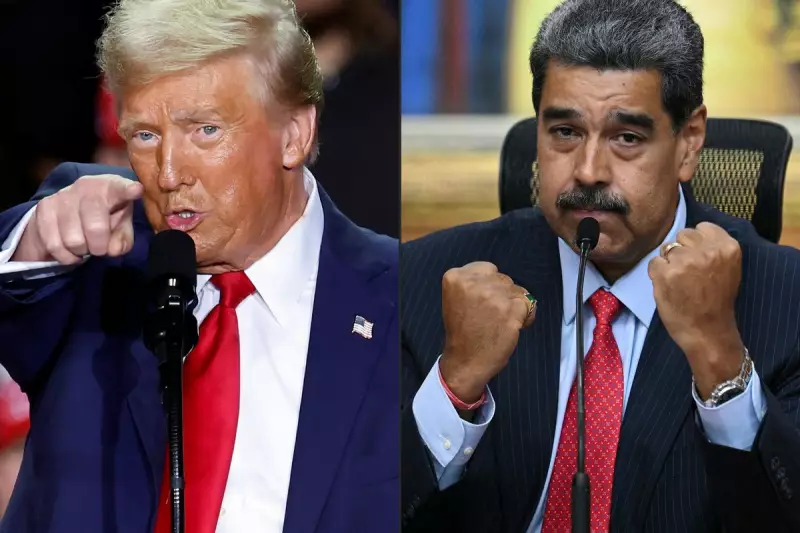
In a bombshell revelation that sheds new light on the former President's foreign policy deliberations, Donald Trump allegedly repeatedly pushed top advisors to launch a military invasion of Venezuela under the guise of combating drug cartels.
According to a shocking new report, these discussions were not isolated incidents but part of a persistent effort by Trump to use American military might to overthrow the government of Nicolás Maduro. The proposals were reportedly met with immediate and firm resistance from senior national security officials.
Pentagon Advisors in 'Stunned Disbelief'
Senior figures within the Pentagon and the Trump administration were said to be left in a state of stunned disbelief at the suggestion. Military leaders and foreign policy experts quickly moved to shut down the idea, warning the President of the catastrophic consequences such an action would unleash.
They argued that an unprovoked attack on a sovereign nation would be illegal under international law, would destabilise the entire Latin American region, and could result in a prolonged and bloody conflict for US forces.
'Stop the Drugs' as a Pretext for Regime Change
Trump's purported focus was on targeting what he called “narco-terrorists”. However, the underlying and clear objective was the removal of President Maduro, a long-time adversary of the United States. The report suggests that using the war on drugs as a justification for military action was a central theme in these private conversations.
This alleged fixation on Venezuela highlights the unconventional and often confrontational approach Trump took to diplomacy and international relations, frequently favouring military options that his advisors deemed reckless.
A Pattern of Controversial Military Suggestions
This is not the first time reports have emerged of Trump proposing aggressive military actions that alarmed his staff. The Venezuela suggestion fits a pattern of considering large-scale interventions that were swiftly walked back by a cautious defence and diplomatic establishment.
The report solidifies the deep divisions that existed between the Oval Office and the national security apparatus, with officials often tasked with managing the President's most impulsive instincts regarding the use of force.





